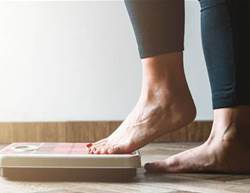When it comes to New Year's resolutions, you know the drill: Don't tackle crazy-vague or impossibly ambitious goals. Instead, set laser-focused ones that fall under the category of challenging, but not overwhelming.
Many of us, however, do set out on a specific mission (to eat healthier, lose weight, or exercise more) and still miss the mark—namely, because some of our targeted resolutions look great on the outside, but are actually really counterproductive.
Just ask these nutritionists, who gave us the scoop on the worst resolutions they've ever heard from their clients. Some might even sound familiar (well, except for number three):
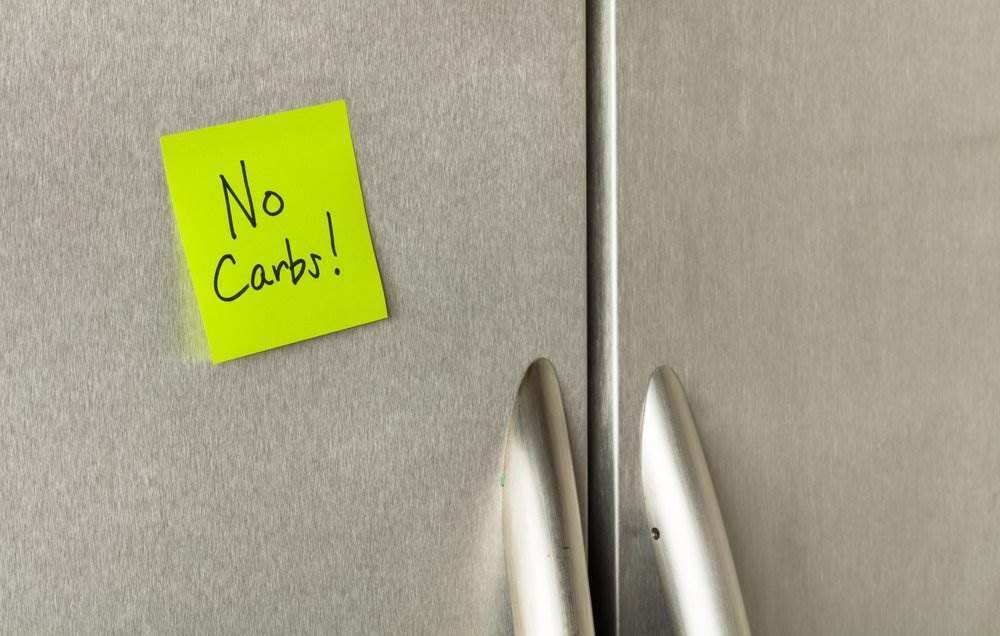
Shutterstock
"I'm ditching carbs for good."
"As a clinician, this resolution always makes me cringe," says dietitian Gisela Bouvier. "Carbohydrates are an essential part of our diets, as they are our bodies' main fuel source. A low-carb or carb-free diet will help achieve weight loss; however, it's not sustainable or safe."
When we don't eat carbs for a prolonged period of time, our glycogen stores become depleted and our bodies eventually start to burn fat for energy, in a process called ketosis. A buildup of ketones in the body can cause icky side effects like headaches, nausea, dizziness, high cholesterol, and bad breath. Not cool.
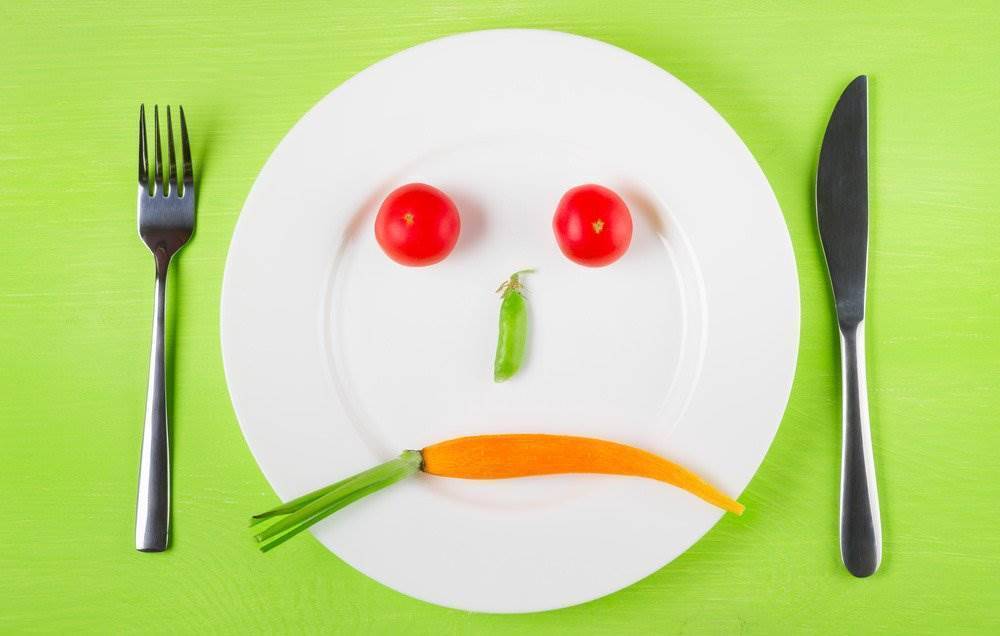
Shutterstock
"I'm only going to eat one meal a day."
When you restrict kilojoules all day, your brain goes into famine mode, and over time, this can do a number on your waistline.
"It actually slows your metabolism, which is your body's way of adjusting to the reduced intake," says dietitian Lisa Cohn. Your body will also store more fat once you do eat your meal in order to prepare for future kilojoules shortages.
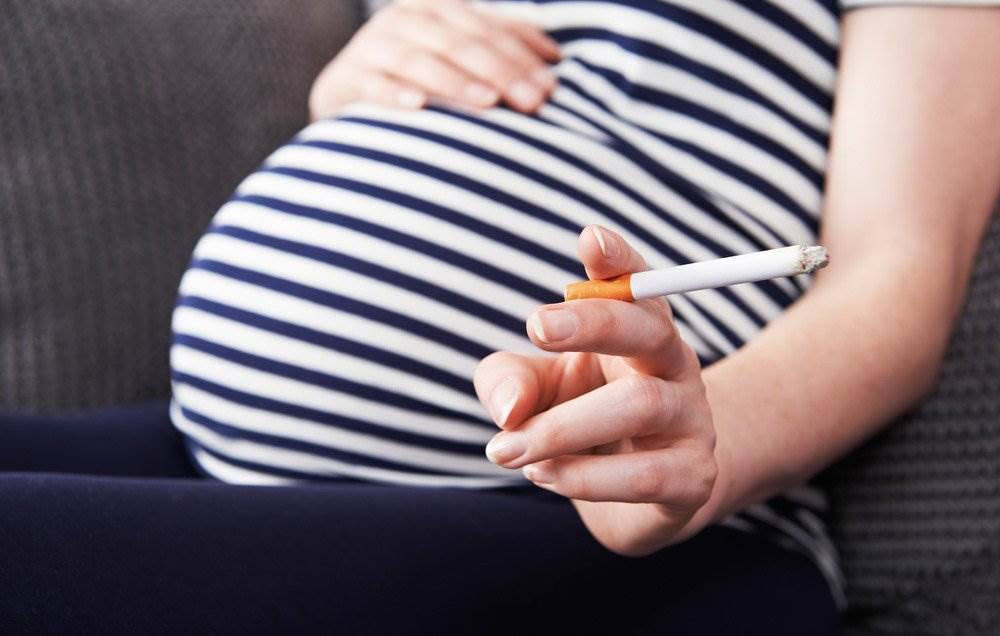
Shutterstock
"I'm taking up smoking during my next pregnancy."
No, but seriously. "I had a patient who was planning a second pregnancy in the new year," says dietitian Susan Bowerman. "She had gestational diabetes with her first child, which often leads to large babies if the diabetes isn't controlled." (Women with a history of gestational diabetes are at risk for the same condition with subsequent pregnancies.)
"Rather than planning to stay on track with her diet and keep her blood sugar under control, this patient heard that women who smoke have smaller babies, so she planned to take up smoking, hoping it would counteract the effects of the diabetes," says Bowerman. "Needless to say, I was speechless."
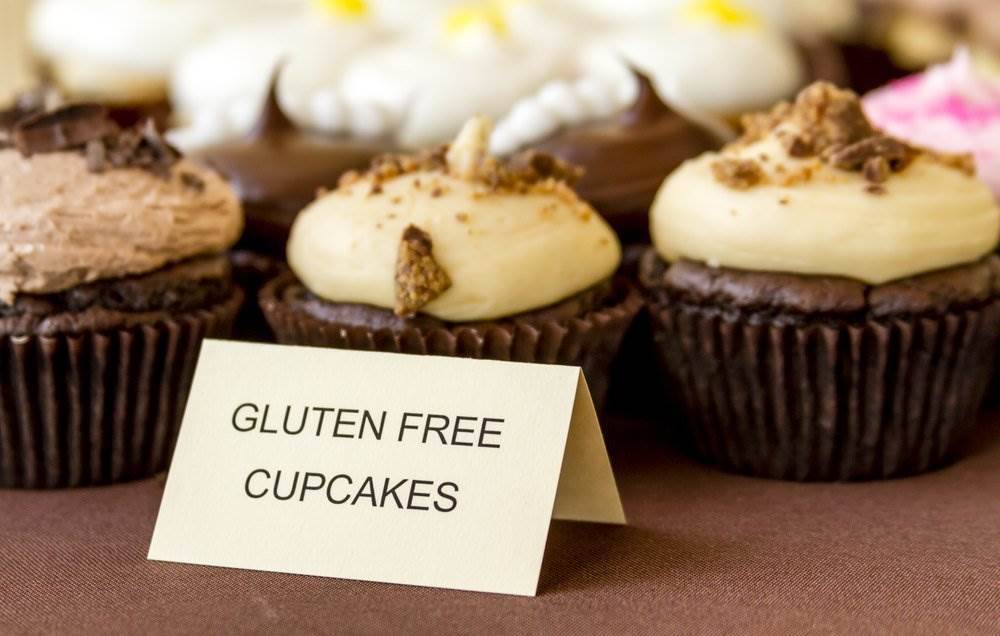
Shutterstock
"I'm going gluten-free."
While nixing gluten is a healthy (and necessary) resolution for people with Coeliac disease or a gluten intolerance or sensitivity, it's of little health benefit to those without.
"Because whole grains are rich in fibre, they're generally more satiating than their gluten-free counterparts," says Dr Caroline Apovian. (You'll also miss out on the other nutrients they provide, such as protein, iron, and calcium.)
"Plus, many gluten-free packaged foods are actually deprived of vitamins and minerals and are higher in kilojoules and sugar," says Apovian. Swapping out some grains for lean protein and veggies will help with weight loss—replacing them with gluten-free packaged foods will not.
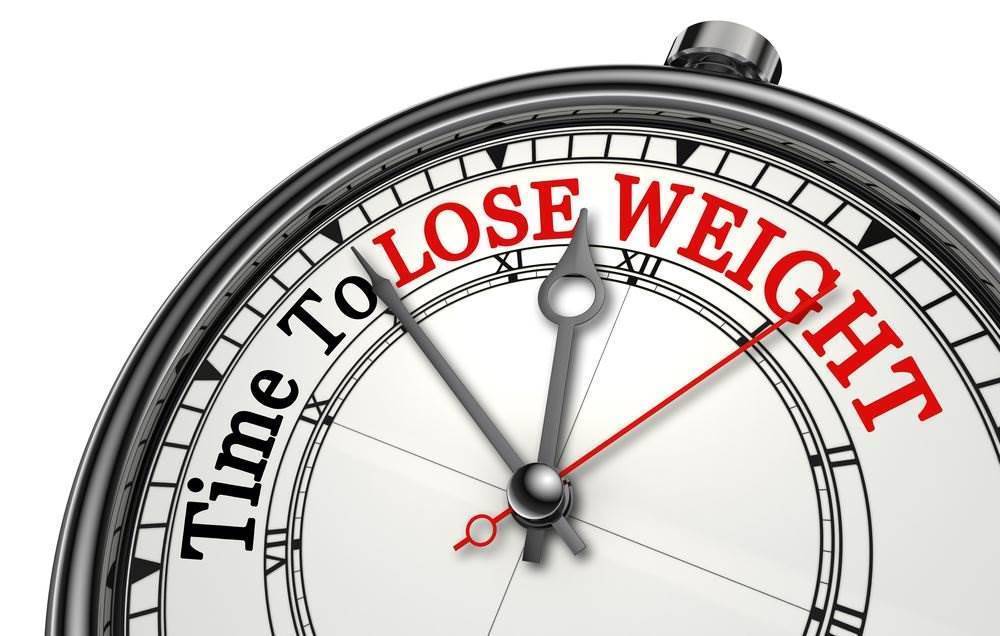
Shutterstock
"I want to lose X kilos."
When it comes to weight loss, developing healthy habits trumps obsessing over numbers, says dietitian Jason Ewoldt. "By concentrating on small, realistic lifestyle changes (such as 'I will walk 30 minutes a day' or 'I will eat three servings of vegetables a day'), the number on the scale will take care of itself, all while you're creating a healthier lifestyle," he says.

Shutterstock
"I'm going to the gym every day."
For someone who's never been or rarely active, attempting to exercise at a frequency that only Michelle Bridges could pull off is basically setting yourself up to fail. "New Year's resolutions should start with goals that are attainable based on your current level of fitness," says Bouvier, such as "I'll work out for one hour a day, three times per week."
When your initial goal is met and maintained, then a new—or more challenging—resolution can be made in its place.

Shutterstock
"I'm completely cutting out [enter-guilty-pleasure-here]."
"When someone takes an all-or-nothing approach to bettering their eating habits, the likely result will be bingeing on the restricted food in the near future, followed by feelings of guilt or shame," says Ewoldt. Instead of deprivation, make your focus increasing the number of healthy foods in your diet (fruits, veggies, lean proteins, complex carbs), while keeping in mind the occasional treat won't derail your progress, but help keep your goals sustainable.
Want more? Read 20 Small Resolutions You'll Actually Keep and 6 Ways to Smash Your Fitness Goals.







.jpg&h=193&w=250&c=1&s=1)

